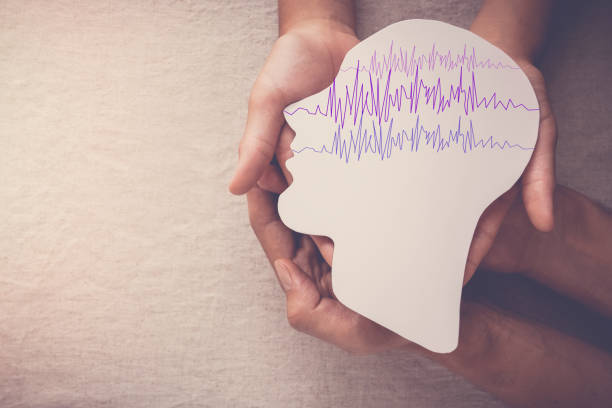HempWell
CBD and Seizures, What the Latest Research Tells Us
CBD and Seizures, What the Latest Research Tells Us
For people living with seizures, or caring for someone who does, the real question remains just one, does CBD oil help and for whom? An expanding library of peer-reviewed trials and expert guidance now provides clearer, though still evolving, answers rooted firmly in evidence rather than anecdote, as detailed below.
Evidence in Severe Childhood Epilepsies
The most robust data come from randomised controlled trials in Lennox-Gastaut syndrome, Dravet syndrome and tuberous sclerosis complex. Across multiple studies participants taking the purified prescription solution Epidiolex saw median reductions in drop or convulsive seizures of roughly forty per cent compared with placebo. In several trials a small but meaningful minority achieved complete seizure freedom.
Early-phase research is also encouraging for rarer genetic epilepsies such as CDKL5 deficiency disorder, Aicardi, Doose and Dup15q syndromes. Although sample sizes are modest, clinicians reported seizure decreases considered clinically significant, often alongside better mood and alertness. The World Health Organization has noted these findings and now lists CBD as having demonstrated antiepileptic efficacy in selected conditions.
How Might CBD Reduce Seizure Activity
Traditional anti-seizure drugs usually focus on one receptor system. By contrast, cannabidiol engages several signalling pathways at once, including TRPV1 channels and G-protein coupled receptors involved in neuronal excitability. Researchers such as Dr Sherry Yafai suggest this broad mechanism may explain why some patients who have failed multiple medications respond when CBD is added. The picture is complex and incomplete, however, and no single pathway has been definitively linked to seizure protection.
Beyond Seizure Count, Quality of Life Matters
Northwestern University researchers recently explored cognitive and emotional outcomes in adults using Epidiolex. Eighty-five per cent of respondents noted better concentration, while eighty-two per cent reported improved mood or reduced anxiety. Importantly these benefits appeared whether or not seizure control had improved, hinting at direct neuro-behavioural effects of CBD that warrant further study.
Caregivers in paediatric cohorts echo these observations, mentioning better sleep, more engagement at school and brighter affect. Such qualitative gains, though harder to measure than seizure frequency, shape daily life for families and therefore feature prominently in ongoing research agendas.
Regulation and Product Quality
At present Epidiolex remains the only CBD medicine approved by both the US Food and Drug Administration and the UK Medicines and Healthcare products Regulatory Agency for epilepsy. Its pharmaceutical-grade manufacture guarantees consistent concentration and freedom from contaminants. Over-the-counter hemp extracts vary widely in purity and dose, so anyone considering CBD for seizure management should consider the quality of the CBD sold.
At HempWell we pride ourselves on having the high-purity CBD oil range. Our CBD is produced from EU-certified hemp, extracted under GMP standards, and third-party tested for potency and contaminants. Each bottle carries a batch-specific lab report so users and clinicians can verify exact cannabidiol content and the absence of unwanted THC, heavy metals and solvents. Strengths run from the everyday 500 mg tincture to a concentrated 3000 mg option, allowing flexible dosing in line with the regimens reported in clinical research.
What We Still Need to Learn
While the weight of evidence supports CBD as an important option for several difficult-to-treat epilepsies, gaps remain. Researchers are working to identify which molecular features predict response, how long benefits persist, and whether earlier introduction might alter the long-term course of certain syndromes. Randomised studies in adult-onset focal epilepsies are under way and will help clarify CBD’s place in broader practice.
Key Takeaways
CBD is now an established add-on therapy for Lennox-Gastaut, Dravet syndrome and tuberous sclerosis complex, delivering seizure reductions comparable to conventional drugs in many patients. Early data suggest benefits may extend to other rare genetic epilepsies. As ever this is not medical advice and we recommend speaking to a qualified professional if there are any concerns. Treatment decisions belong in a specialist setting, yet for many families CBD has transformed a relentless condition into one that is finally manageable.
Sources:
- https://www.forbes.com/health/cbd/cbd-for-seizures/
- https://www.medicalnewstoday.com/articles/epilepsy-medication/
- https://www.sciencedirect.com/science/article/pii/S092012112300205X
- https://www.frontiersin.org/journals/neurology/articles/10.3389/fneur.2020.531939/full
- https://www.neurocenternj.com/services/medication-management



